Humans
Sign up for our newsletter
We summarize the week's scientific breakthroughs every Thursday.
-
 Health & Medicine
Health & MedicineThere’s more than one way to quit smoking
Three therapies to quit smoking are all about equally effective in the long term, a new study finds.
By Meghan Rosen -
 Oceans
OceansGulf oil spill could hasten corrosion of shipwrecks
Oil from the Deepwater Horizon disaster could hasten the corrosion of historical shipwrecks in the Gulf of Mexico, new studies of marine microbes suggest.
-
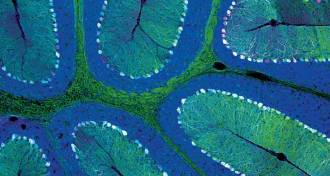 Neuroscience
NeuroscienceBrain cells aglow after viral delivery
The virus AAV-PHP.B proves best at delivering genes to brain cells in mice. Similar viruses may eventually be used for gene therapy in humans.
-
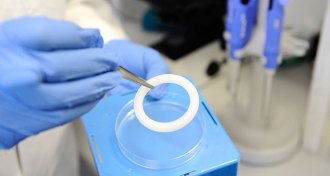 Health & Medicine
Health & MedicineVaginal ring somewhat effective at preventing HIV infection
Studies of vaginal ring for HIV protection show promise, challenges.
By Laura Beil -
 Psychology
PsychologyPsychologist probes possible link between prodigy, autism
The Prodigy’s Cousin explores the baffling world of child prodigies and people with autism.
-
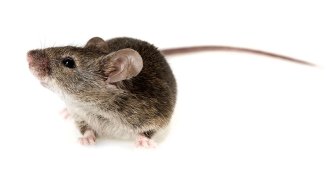 Genetics
GeneticsDads pass health effects of stress on to sons, mouse study finds
In mice, males exposed to repeated psychological stress developed high blood sugar — and so did their unstressed male offspring.
-
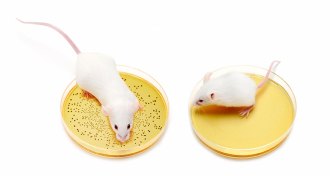 Microbes
MicrobesMissing gut microbes linked to childhood malnutrition
The right mix of gut microbes could prevent kids from succumbing to malnutrition.
By Meghan Rosen -
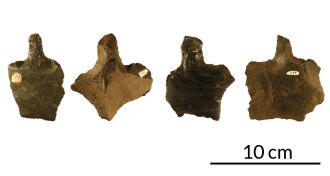 Archaeology
ArchaeologyEaster Island people used sharpened stones as tools, not weapons
Sharp-edged stone tools enabled daily survival, not warfare, on Easter Island.
By Bruce Bower -
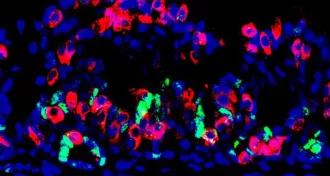 Health & Medicine
Health & MedicineMini-stomachs brew insulin in mice
Scientists transform stomach cells into insulin factories and grow mini-stomachs for diabetic mice.
-
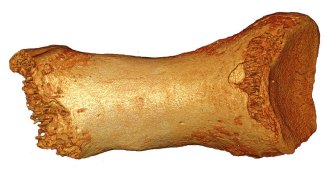 Humans
HumansHuman DNA found in a Neandertal woman
Interbreeding between humans and Neandertals happened earlier than thought, leaving traces in the Neandertal genome.
-
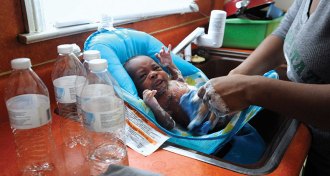 Health & Medicine
Health & MedicineLead’s damage can last a lifetime, or longer
Scientists have known for decades that lead is toxic to the brain, but the mark lead exposure leaves on children may actually stretch into adulthood, and perhaps even future generations.
By Meghan Rosen -
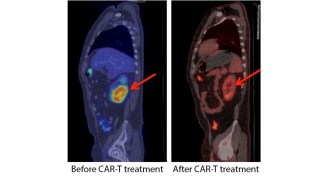 Life
LifeMemory cells enhance strategy for fighting blood cancers
Immune therapy made more powerful with memory T cells.